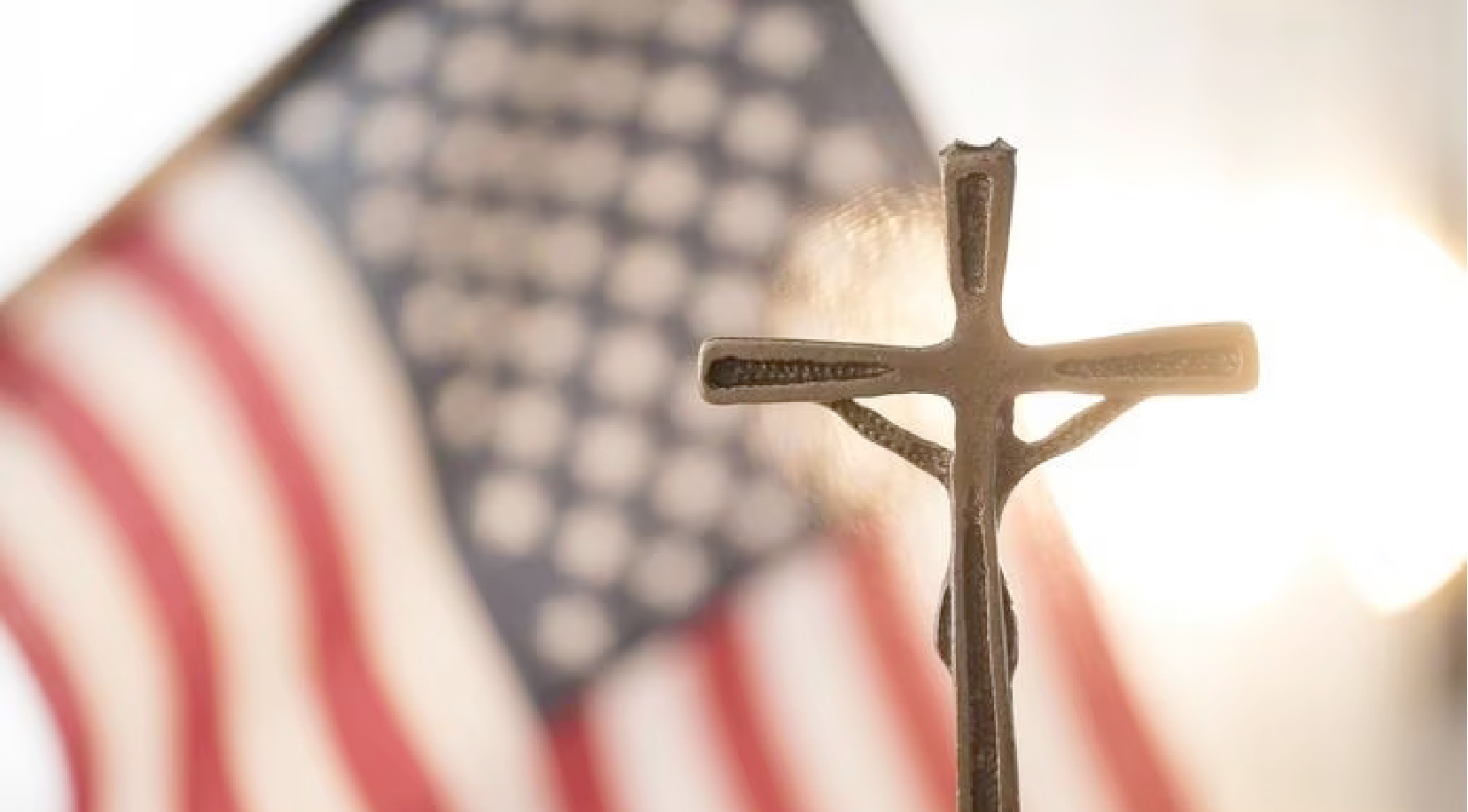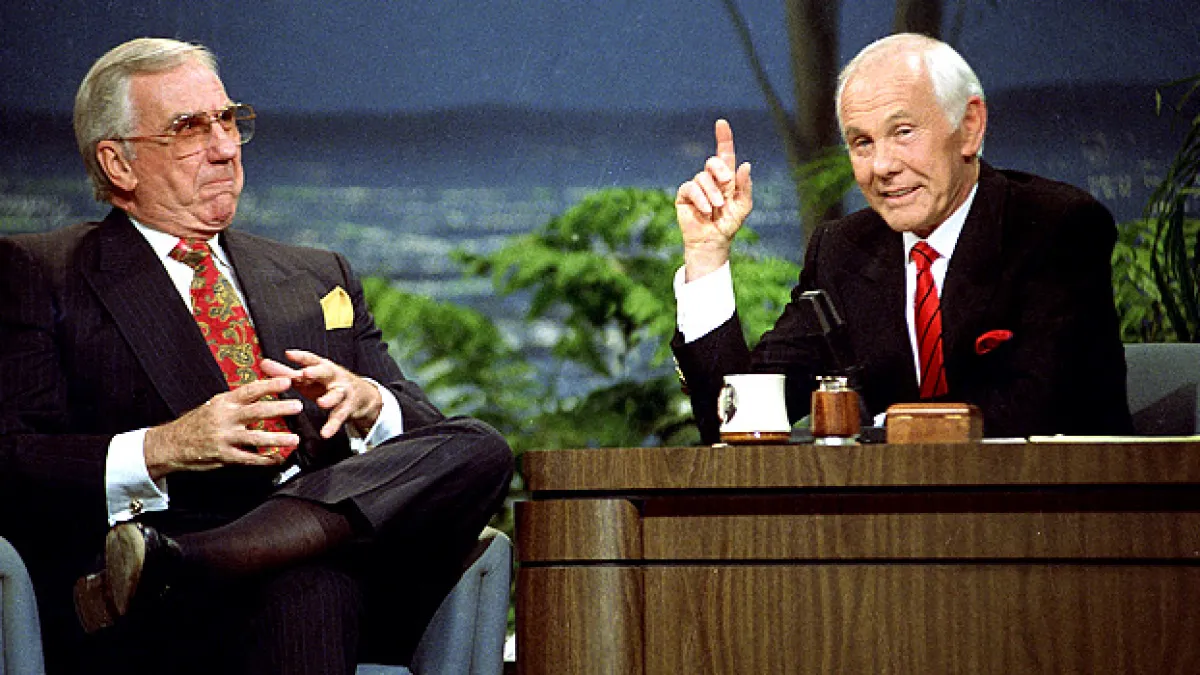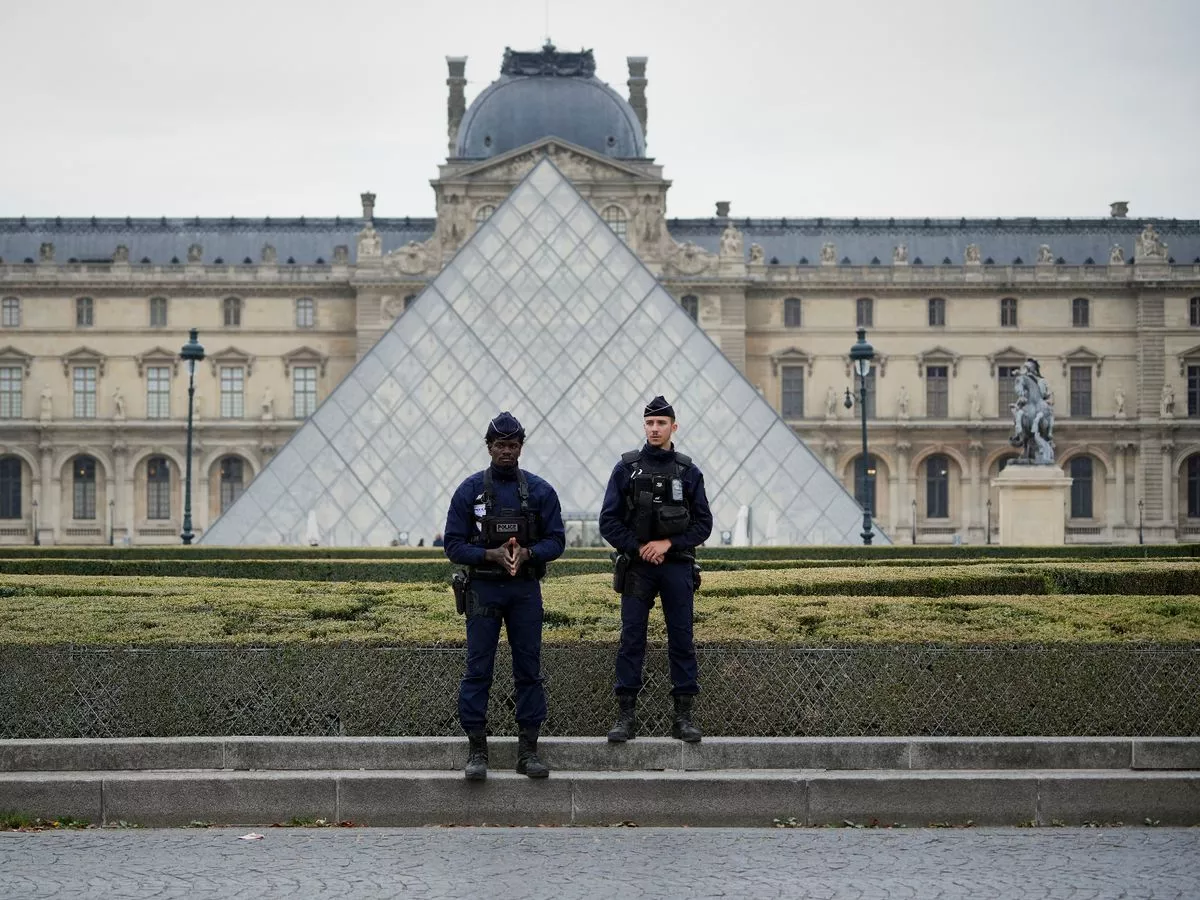Copyright zenit

(ZENIT News / Rome, 10.21.2025).- Recent surveys reveal that Americans are beginning to sense a growing presence of religion in public life — not merely as nostalgia for a bygone era of pews and prayer, but as a renewed awareness of faith’s cultural gravity. Between February 2024 and February 2025, the share of U.S. adults who believe religion is gaining influence in American life surged from 18 to 31 percent, according to new findings from the Pew Research Center. It is a striking rebound after two decades of steady decline in such sentiment — and the highest level recorded in 15 years. To be clear, most Americans still believe religion’s influence is waning. Yet the portion holding that view has dropped sharply, from 80 percent to 68 percent in just one year. The shift, subtle but unmistakable, suggests that the perception of faith’s retreat in the public sphere is no longer a settled fact. What makes this change especially notable is its breadth. The trend spans party lines, generations, and denominations. Democrats and Republicans alike — as well as believers and nonbelievers — are increasingly inclined to say that religion is once again finding its footing in the nation’s moral and cultural debates. Nearly six in ten Americans now express a positive view of religion’s role in public life. Some say its influence is rising and welcome that change; others lament its decline. Only about one in five view religion’s influence negatively, whether they see it as excessive or irrelevant. This new posture toward faith comes after years of cultural tension, in which organized religion was often portrayed as either embattled or obsolete. Yet the mood appears to be shifting toward curiosity, even respect. In a political climate often fractured along ideological lines, religion — for better or worse — is reentering the public conversation as a moral compass, a source of identity, or at least a subject worth revisiting. Perhaps most revealing is the growing sense of alienation many Americans feel between their personal beliefs and the dominant culture. A majority, 58 percent, now report feeling at least some conflict between their religious convictions and mainstream American culture — up 10 points from 2024 and 16 from 2020. Among white evangelical Protestants, that number reaches an overwhelming 80 percent, but even among Democrats and religiously unaffiliated adults, unease is rising. What might be fueling this shift? Partly, a political realignment that has thrust moral and cultural issues — from gender and family to freedom of conscience — back into the national spotlight. But there may also be a deeper hunger at play: a search for meaning in a world increasingly defined by screens, polarization, and disconnection. Pew’s data suggests that religion, for many, still holds moral authority even as affiliation declines. In May 2025, when respondents were asked what qualities are essential to being a good Christian, honesty, kindness, belief in God, and helping those in need topped the list — well above national pride or regular church attendance. Only 29 percent of Christians said that “loving one’s country” was essential to their faith, though nearly half considered it important. Among Jews, just 22 percent said patriotism was central to Jewish identity, while for religious “nones” — atheists, agnostics, or those who identify with no religion — 16 percent said loving one’s country was essential to being a good person. These findings reveal an intriguing separation between civic identity and spiritual belonging: Americans increasingly locate their moral center in personal integrity and compassion, rather than in nationalism or traditional markers of religiosity. Meanwhile, when asked about truth in religion, 48 percent of Americans said that “many religions can be true,” while only 26 percent insisted that just one is. This openness — or pluralism — contrasts sharply with the certainty expressed by white evangelicals, 62 percent of whom affirm that only one religion holds ultimate truth. By contrast, most atheists and agnostics see little or no truth in any religion, though a surprising share — 38 percent of agnostics and 12 percent of atheists — acknowledge that multiple faiths could contain wisdom. What emerges is a portrait of a country not rediscovering religion so much as renegotiating its meaning. The growing sense that faith is “gaining influence” may reflect not institutional revival, but moral visibility — religion as a language for public conscience, invoked in debates over justice, freedom, and belonging. Generational divides remain: older Americans, especially those over 65, are far more likely to hold a positive view of religion’s influence (71 percent) than those under 30 (46 percent). Yet even among the young, positivity toward faith’s role has inched upward in recent years, hinting at the possibility of a quiet generational recalibration. The findings do not herald a return to the church-centered America of the 1950s. Rather, they point to a society in flux — one that no longer assumes faith’s disappearance, but acknowledges its persistence. Religion, though often fragmented, continues to shape how Americans interpret right and wrong, belonging and alienation, hope and despair. If the last decade was defined by secular confidence, the coming one may be marked by spiritual curiosity. Whether this rekindled attention leads to renewed faith or renewed debate remains to be seen. But one thing is clear: religion, once presumed to be losing its public voice, is again part of America’s conversation about who it is — and who it wants to be. Thank you for reading our content. If you would like to receive ZENIT’s daily e-mail news, you can subscribe for free through this link.



